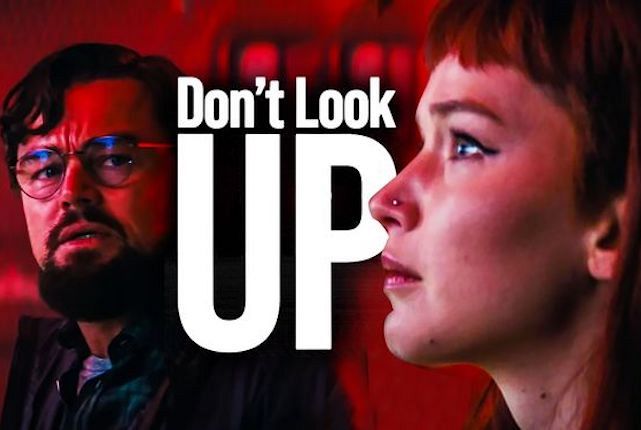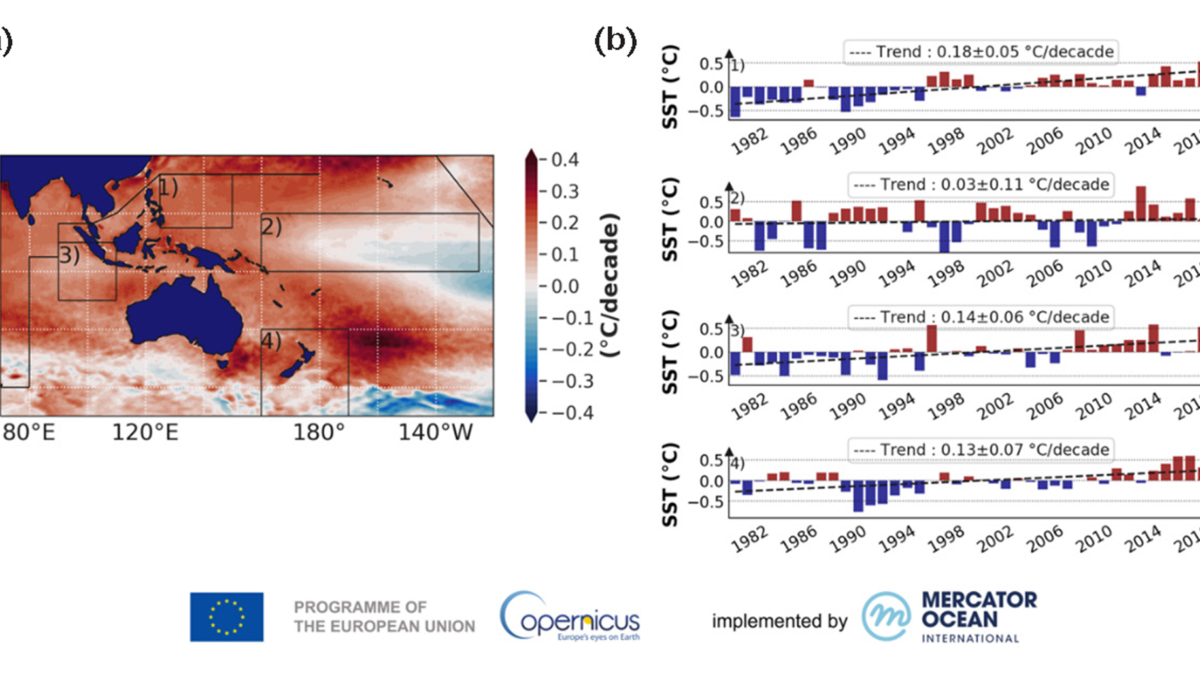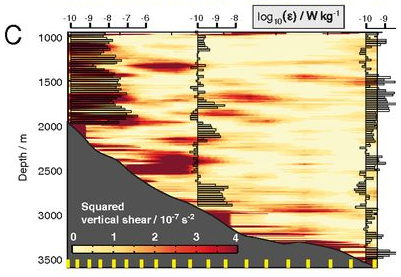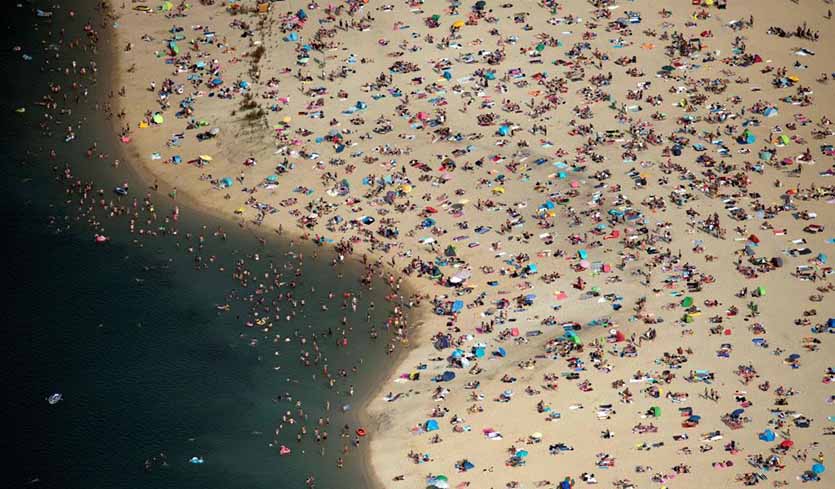The most depressing thing about “Don’t Look Up” (isn’t what you think)

By Andrew P. Street
1 January 2022
(Independent Australia) – Don’t Look Up, Adam McKay’s star-studded Netflix satire about scientists desperately (and unsuccessfully) attempting to warn a jaded and deeply compromised world about the imminent arrival of an extinction-level comet, has already garnered a veritable encyclopedia of hot takes. But as best as I can see, none has so far specifically been about what is the most depressing thing about what is a deeply depressing film.
(Also: spoilers are coming, obviously, heaps of them. Don’t look down.)
That’s despite the fact that there are many, many depressing things about Don’t Look Up, starting with its entire premise. But the most depressing aspect, for my money, isn’t that it concludes with the utter destruction of human civilisation and the deaths of billions of human beings.
Nor is it the way that everyone, from Leonardo di Caprio’s newly-famous scientist Dr Randall Mindy to the MAGA-like “Don’t Look Up” crowd, realise too late that they’ve been manipulated to literal death by the media and powerful political and economic interests. Or even smaller moments, like when Kate Dibiaski (Jennifer Lawrence) accepts a marriage proposal knowing that it won’t matter in the slightest because they’re all about to die.
Or the way that Mindy sadly smiles as he delivers the film’s most sock-to-the-gut line, sitting around the table with his family and friends as the first booms of the early impactors hit in the distance:
We really did have everything, didn’t we? I mean, when you think about it.
Those aren’t the things that froze me to the spot when I was thinking about it a day later. What did it for me was Ariana Grande.
She plays Riley Bina, a Grande-adjacent popstar whose relationship dramas with her boyfriend-turned-ex-turned-fiance DJ Chello (played by Kid Cudi) is a national obsession, its saturation media coverage easily overwhelming early talk about that whole comet thing during the first act of the movie.
That’s not the most depressing aspect, though, and neither is the portrayal of the news media as being driven entirely by clicks, with eyeballs and shares the entire metric of what constitutes journalism, depressing though that definitely is. [more]
The most depressing thing about ‘Don’t Look Up’ (isn’t what you think)


